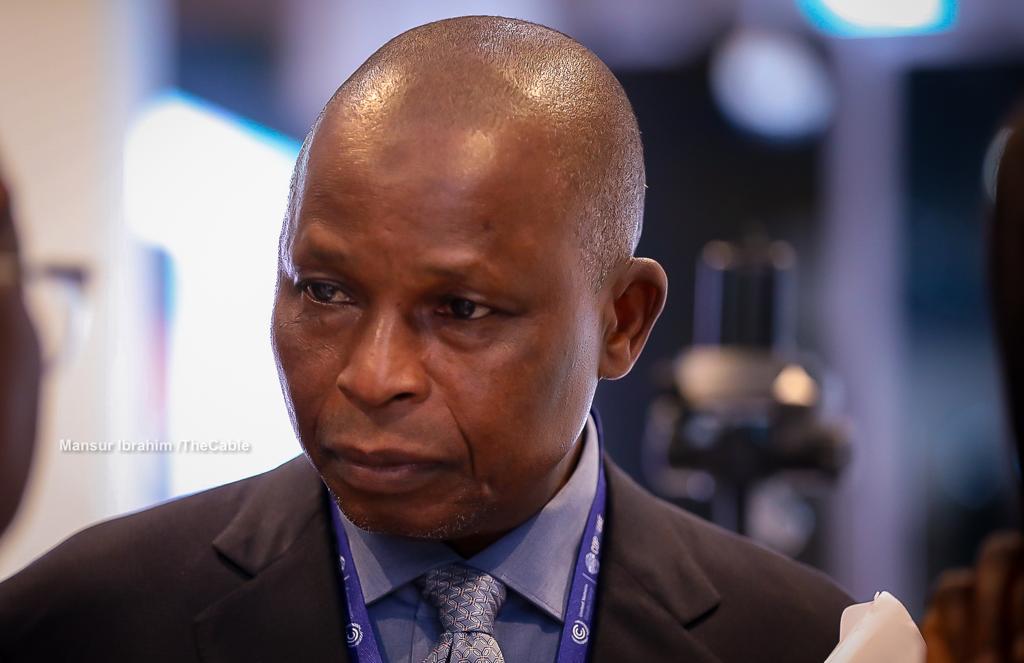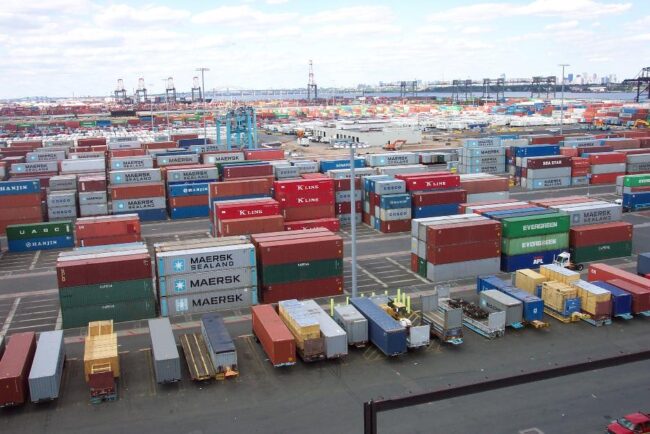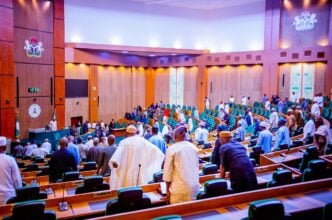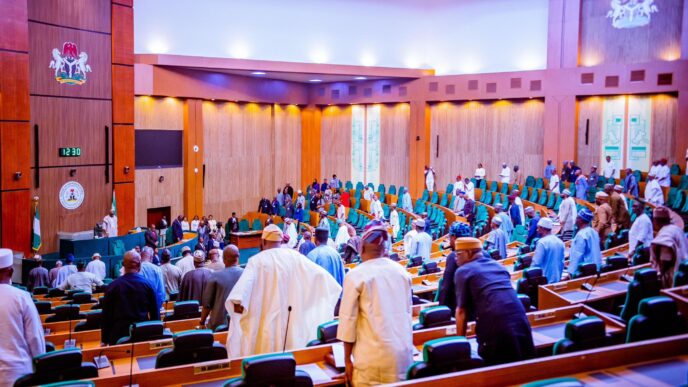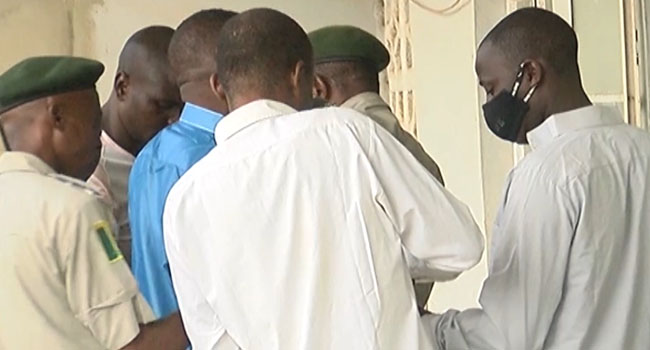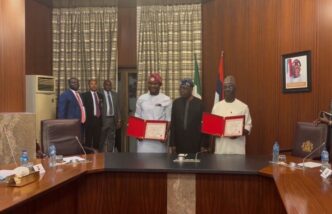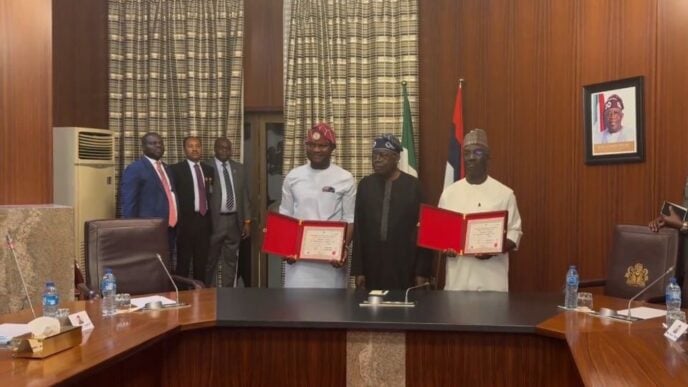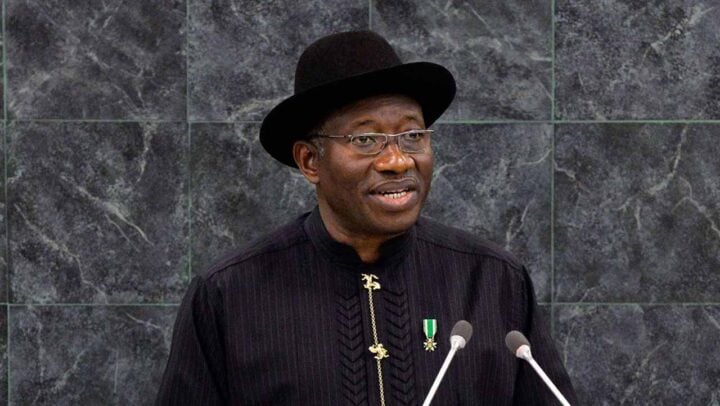Lateef Fagbemi, attorney general of the federation
Lateef Fagbemi, attorney-general of the federation, has denied reports that a court in the United States authorised the seizure of $21 million from Nigeria’s account domiciled in JP Morgan.
The case involves Louis Emovbira Williams, a businessman.
In a statement on Wednesday, Fagbemi said the US court only refused Nigeria’s “sovereign immunity” preliminary motion.
The AGF explained that after the US court dismissed Nigeria’s preliminary motion on August 12, 2024, “the case would now proceed to substantive hearing on the merit wherein parties are required to present evidence and legal submissions”.
Advertisement
Recently, some online platforms reported that a US district court in the Southern District of New York gave Williams the go-ahead to withdraw the $21 million belonging to Nigeria, following a contractual dispute.
The AGF said the report was published without the reaction of the ministry of justice.
“None of the media outlets that syndicated the story sought the reaction of the Nigerian government,” Fagbemi said.
Advertisement
“Indeed, the Ministry challenges these media outlets to publish a copy of the US Court order authorizing the said seizure.
“The Ministry hereby clarifies that at no time did the US District Court authorize the seizure of funds belonging to the Nigerian Government in the custody of JP Morgan.
“The court only refused Nigeria’s preliminary motion to dismiss the complaint against her on the ground of sovereign immunity.
“It is pertinent to state that Nigeria has filed an appeal against the interlocutory decision in issue.
Advertisement
“Nigeria has launched robust legal defences/challenges in the UK and US courts against Williams’ claims, including by launching proceedings against him for fraud and therefore remains quite confident and optimistic that his attempts to strong arm the Nigerian government will come to naught.”
THE CASE
According to court documents, in 1986, Williams, a Nigerian who resides in the United Kingdom, had business dealings with the Nigerian government.
He served as a guarantor for the deal, which involved the importation of food to Nigeria from the UK.
Advertisement
Williams transferred $6,520,190 to Reuben Gale, a London solicitor, to hold in trust as funds required to finalise the business deal.
The fund was not meant to be released until a certain amount of money was made available to Williams in Nigeria.
Advertisement
Gale was said to have been acting on behalf of Nigeria’s State Security Services (SSS).
In breach of trust, the London solicitor allegedly transferred $6,020,190 to an account of the Central Bank of Nigeria (CBN) with Midland Bank in London and pocketed the remaining $500,000.
Advertisement
When Williams returned to Nigeria to recover his money, he was arrested by military authorities, tried and sentenced to prison for 10 years for “economic sabotage”.
Three years later, he was said to have escaped from prison and returned to London.
Advertisement
In August 1993, Ibrahim Babangida, then military head of state, pardoned Williams and ordered that his money be returned.
The military government issued a ‘Fidelity Guarantee and Abiding Memorandum of Understanding’ to Williams, directing that $6,520,190.00 and N5,013,316.29 plus compound interest be refunded to him.
However, the money has not been paid to Williams to this day.
The businessman subsequently approached several courts to recover his money.
On November 9, 2018, a high court in the UK ordered that Nigeria should pay the sum of $6,520,190.00 to the businessman, with an interest rate of 4 percent accrued from June 1, 1986 to November 9, 2018, amounting to $8,466,600.69.
Mary Clare Moulder, the presiding judge, ruled that Nigeria cannot claim sovereign immunity because the fidelity guarantee is an agreement between the Nigerian state and the businessman.
The compensation awarded to Williams has become the subject of litigation between the plaintiff and Nigeria’s federal government.
JUDGMENT
Williams approached a US district court in the Southern District of New York to seek an enforcement of the order, and JP Morgan was also sued for holding funds belonging to the Nigerian government.
The Nigerian government asked the US court to dismiss the complaint filed by the businessman on certain grounds.
On August 12, 2024, Liman Lewis, a judge, accepted the “well-pled allegations of the complaint and the documents incorporated therein as true”.
Lewis dismissed Nigeria’s motions that the court does not have jurisdiction over the case.
“The Nigerian Defendants’ motion to dismiss the complaint is denied,” the judge ruled.
A copy of the judgment can be found here.
Add a comment
